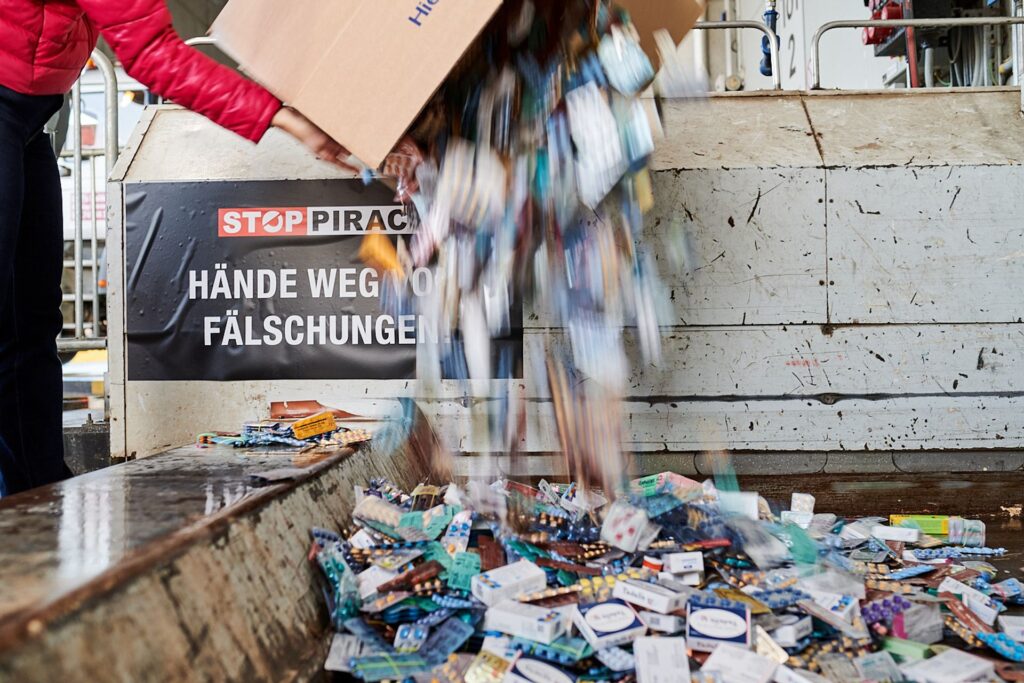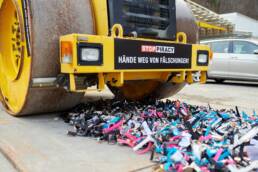Counterfeiting costs Switzerland 4.5 billion a year
OECD study reveals that trade in fake “Swiss” medicines, watches and appliances is worth 10,000 fewer jobs and damage to health
The damage caused by counterfeiting costs consumers large sums of money. The trade in fakes undermines the reputation of Swiss companies and causes them to lose several billion francs in sales every year.
In addition, this phenomenon cost Switzerland more than 10,000 jobs in 2018. A recent study by the Organization for Economic Cooperation and Development (OECD) provides concrete data for the first time.
Direct access to EU databases for the Swiss police
Online trade: more customs security between Switzerland and the EU
The worldwide trade in counterfeit “Swiss” products such as watches, household appliances or medicines causes enormous economic damage to the country, as well as posing major health risks.
In 2018, consumers worldwide spent more than CHF 2 billion on “Swiss fakes” thinking they were buying an original product.
In the long term, this phenomenon risks damaging the reputation of Swiss companies. This is the result of a study carried out by the Organization for Economic Cooperation and Development (OECD) on behalf of the Swiss Federal Institute of Intellectual Property (IPI).
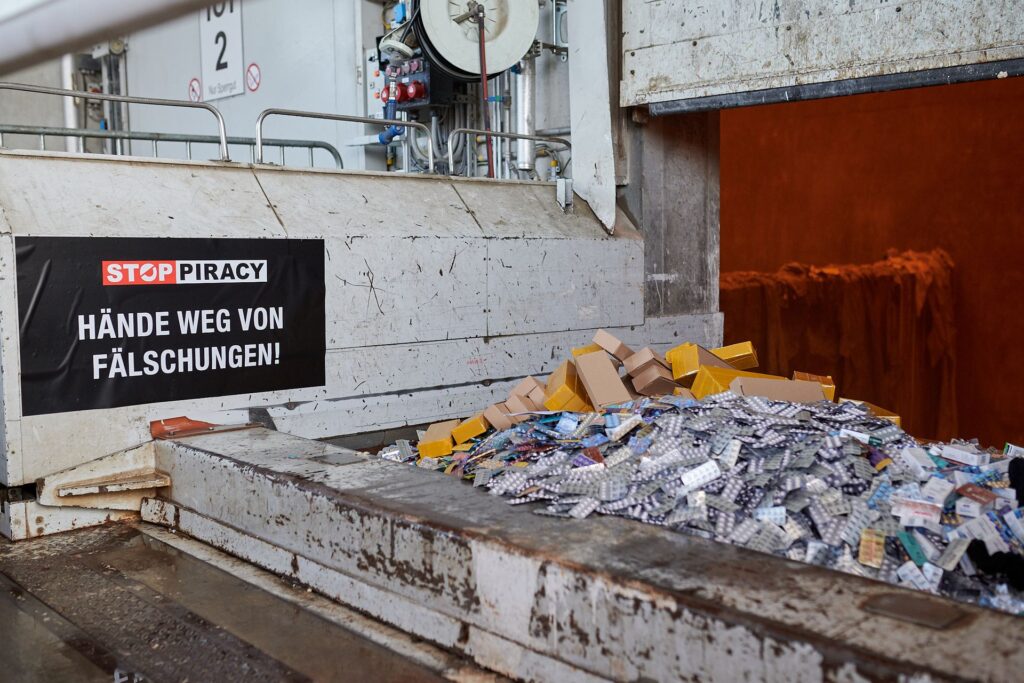
Two billion in damage among watches alone
In addition to causing image damage, counterfeiting has a significant impact on turnover: in 2018, for example, Swiss companies lost CHF 4.5 billion. The sector most affected is the watch and jewelry industry, which suffered losses of CHF 2 billion in the year under review.
In the crosshairs of counterfeiters, however, are also products from the mechanical, electrical and metalworking industries, where losses in 2018 amounted to 1.2 billion francs.
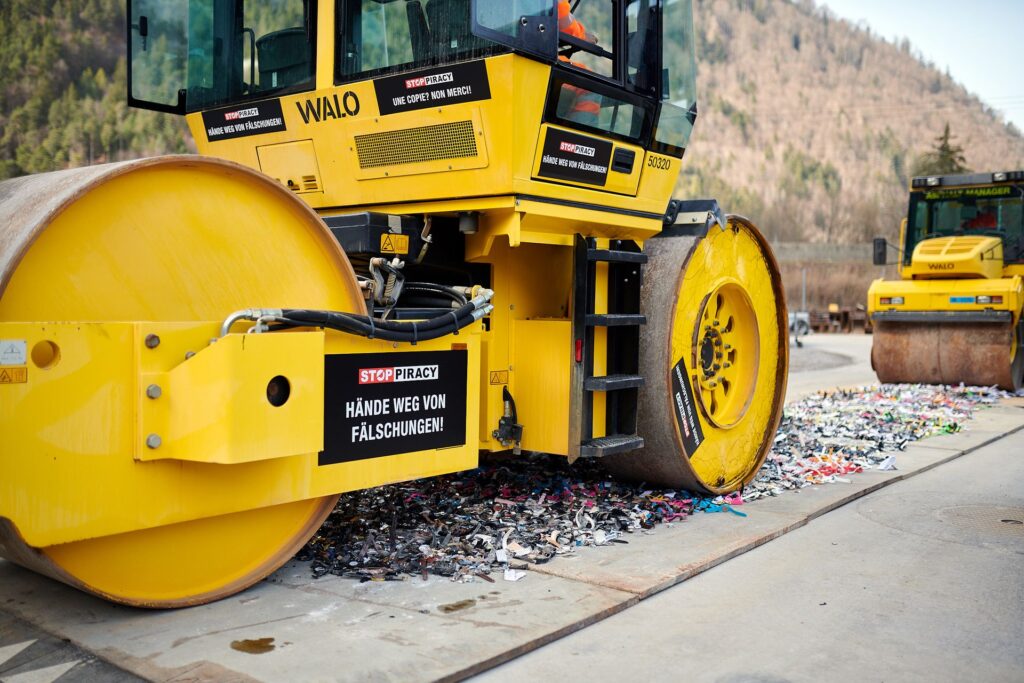
China, Hong Kong, Singapore and Turkey in the crosshairs
Other “Swiss made” products which are often counterfeited include clothing and footwear. Since the outbreak of the Coronavirus pandemic, which exploded the online trade, more counterfeit medicines have also been seized.
According to the report, in 2018, the vast majority of counterfeit Swiss products came from China and Hong Kong, followed by Singapore and Turkey. Countries of origin for counterfeit drugs also include India.
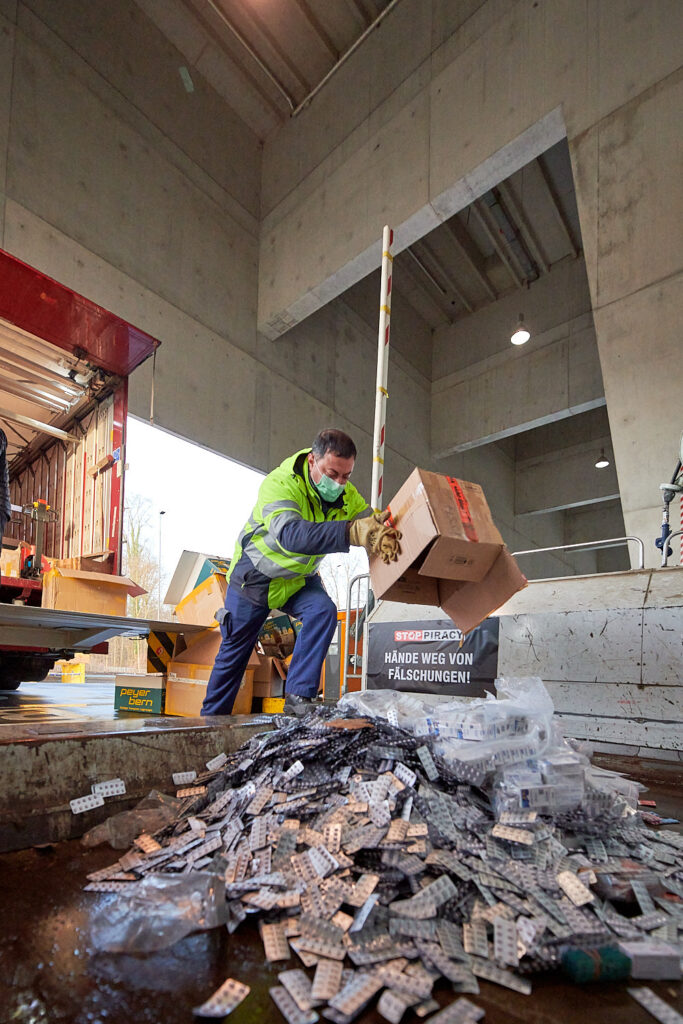
Tax revenues down by almost 160 million francs
Less turnover also means fewer jobs: According to OECD figures, without the counterfeiting industry, Swiss companies could have provided 10,000 more jobs in 2018.
In the watch and jewelry industry alone, four out of ten jobs were lost. The public administration is certainly not spared by the phenomenon: The authors of the study estimate that it has lost tax revenues of almost 160 million francs.
Study counterfeiting piracy and the Swiss Economy
Produktfälschungen, Markenpiraterie und die Schweizer Wirtschaft
Contrefaçon, Piratage et l’Économie Suisse
As part of the study, the OECD considered all of the counterfeits seized worldwide which infringed in particular on the trademarks of Swiss companies.
The authors took into account that in half of the cases the consumers had purchased the counterfeit knowingly and that most of the transactions had therefore replaced the purchase of an original product.
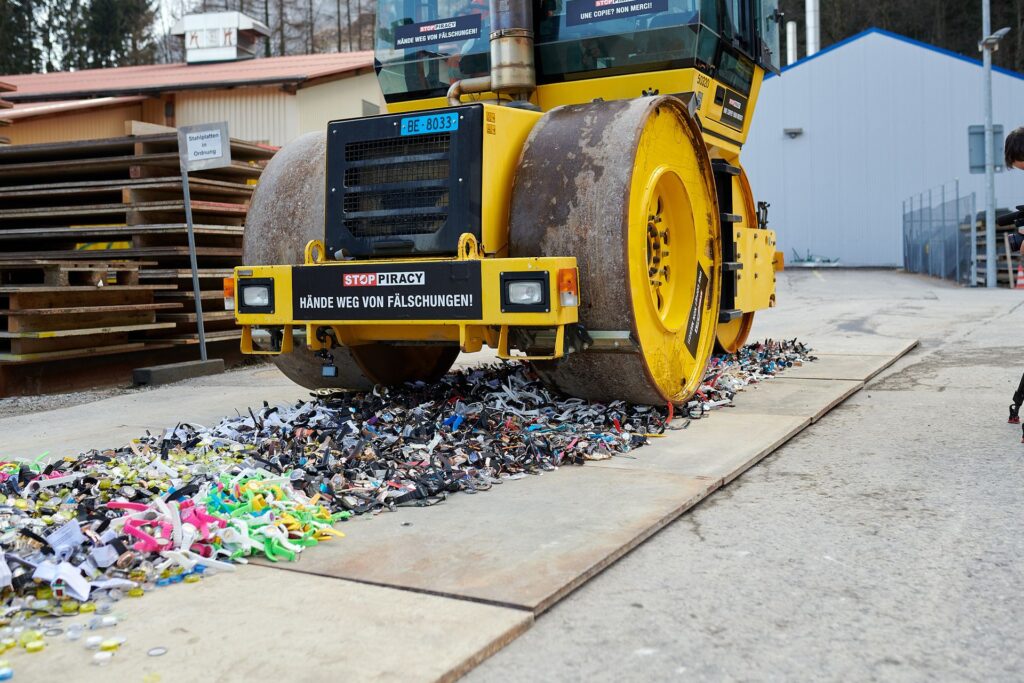
Stronger measures by the authorities and the economy
The study has made it possible to quantify the impact of the global counterfeiting market on Switzerland for the first time. “The losses are such that they require decisive action by all stakeholders,” says Anastasia Li-Treyer, Director of the Swiss Branded Articles Association Promarca and President of the Swiss Anti-Counterfeiting and Piracy Platform “Stop Piracy”.
How the Swiss export industry focuses on innovation
More flexibility in promoting Swiss innovation
Authorities and business are already working together to combat counterfeiting, for example with public awareness campaigns.
For Anastasia Li-Treyer, the OECD study constitutes a solid basis for decision-making in order to make the trafficking of counterfeiters even more difficult in cooperation with political authorities.
To this end, the IPI will intensify its commitment to minimum standards for the enforcement of intellectual property rights in free trade agreements. The goal is to uncover and nip in the bud counterfeiting activities which violate intellectual property rights.
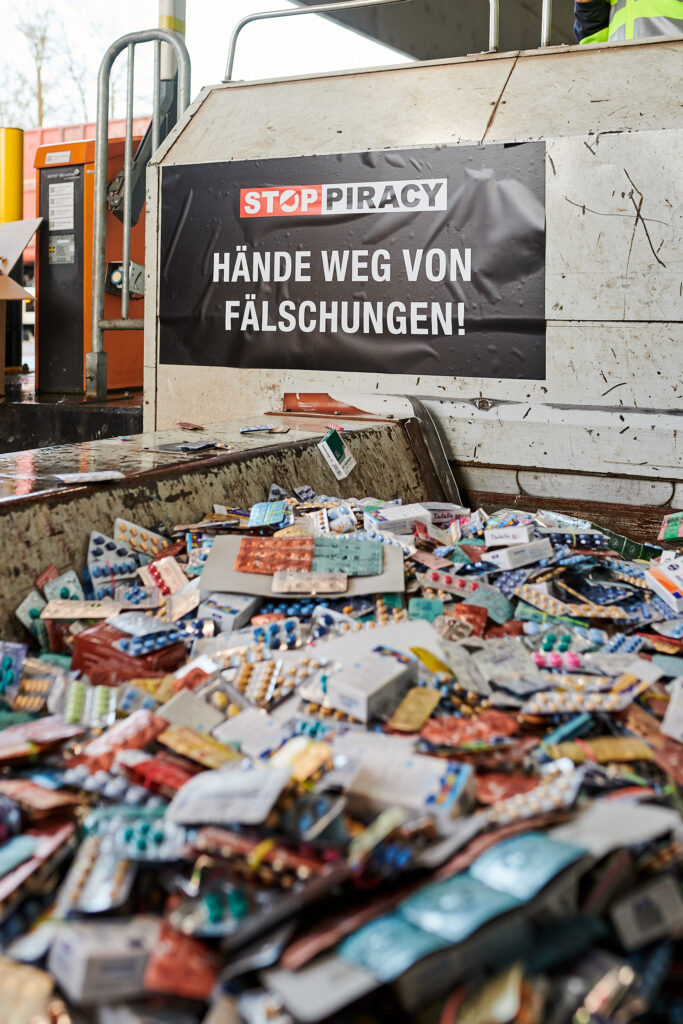
Intellectual property and free trade agreements
The IPI is the competence center of the federal government for all questions concerning the protection of patents, trademarks and designs, indications of source and copyright.
Individuals and companies turn to the Federal Institute of Intellectual Property (IPI) to protect their innovations and creations from misuse. In addition, the IPI informs the public about protection systems.
Switzerland will have an ad hoc ambassador for… science
Federal Council approves Swiss Green Fintech network
The IPI is committed to the Swiss anti-counterfeiting and anti-piracy platform “Stop Piracy”. In addition to monitoring Switzerland’s main distribution markets, including China, it intervenes in cases of suspected violations of “Swissness” legislation.
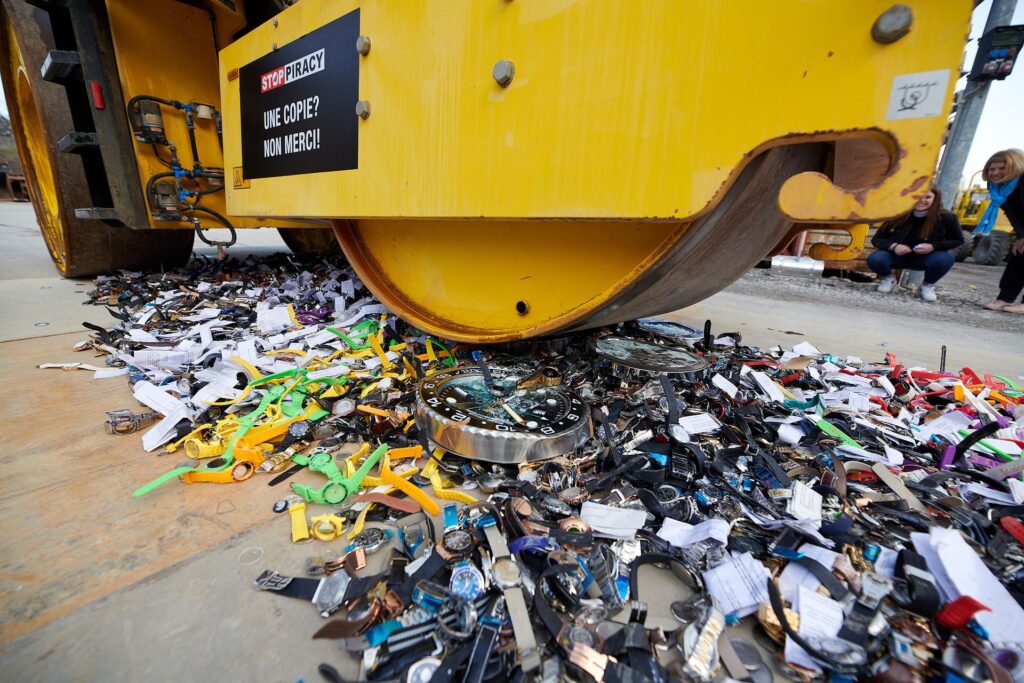
“Stop Piracy” goes on the attack on Instagram
“Stop Piracy” is the Swiss Anti-Counterfeiting and Piracy Platform. It is a non-profit association which informs and raises awareness about the phenomenon of counterfeiting and piracy by exploiting synergies between business and the authorities.
Switzerland-Liechtenstein pact on scientific innovation
Bern, Zurich and Aargau focus on fiscal innovation
From March 7 to 24, 2021, “Stop Piracy” is promoting a campaign on Instagram in which Swiss influencers warn against counterfeiting.
Also in March, “Stop Piracy” conducted two operations in which it destroyed 1.5 tons of watches with a steamroller and disposed of 7 quintals of medicines.
All of these products, mostly purchased online, had been intercepted at the Swiss border by the Federal Customs Administration.
